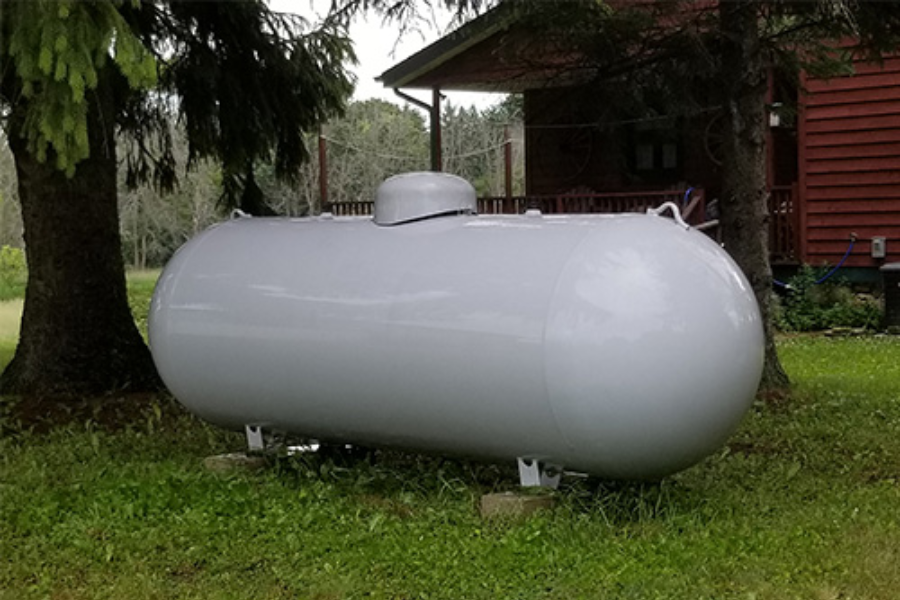
Propane Suppliers
Propane is often used as a fuel for heating, cooking, and operating appliances in homes and businesses. It is produced as a byproduct from natural gas and is characterized by its high efficiency and clean properties. If you are interested in using propane, understand the factors that contribute to its price and how pricing is determined. Here is how propane suppliers price fuel:
Transportation Costs
The cost of transporting propane depends on the distance from production facilities, the mode of transport, and the infrastructure in the region. Propane can be transported through pipelines, railways, trucks, or ships, all of which contribute to different expenses. Pipelines are cheaper for long distances because they do not require as much labor and maintenance compared to other transportation methods. Trucking is needed to transport products to rural areas, which incur higher costs because of fuel consumption and extra manpower.
Propane prices are also higher in areas that are located far from propane production sites or storage facilities because of the additional transportation costs. Regions with good infrastructure and in close proximity to production facilities typically have relatively low transportation costs.
Weather Conditions
Weather is a major factor that affects propane prices. This is especially true during the winter season when there is high demand for heating fuel sources. Propane prices also fluctuate with the seasons, with winter being the peak demand season. Storms, hurricanes, or floods can significantly affect the transportation and distribution of goods and services. This leads to temporary shortages and localized propane price hikes. Suppliers put in place contingency measures to deal with these disruptions and the extra costs incurred in the supply chain are reflected in the prices.
Supply and Demand Dynamics
Like other energy commodities, propane prices are determined by the market forces of supply and demand. Propane is derived from natural gas processing and crude oil refining, so its availability depends on the production levels of these basic resources. Lower production of natural gas or crude oil can lower propane supply and increase prices. Higher production levels may lead to the stabilization or a reduction in propane prices when supply outstrips demand.
Impact of Pricing Plans
There are various pricing strategies that a propane supplier offers to its customers depending on their needs and budget. Fixed pricing plans predetermine a set price per gallon for any given period of time. This shields the customers from fluctuations in the market prices and any sudden hikes in energy costs. Fixed plans are especially beneficial for those who have a limited amount of funds to spend. Fixed plans confirm that the price will remain the same regardless of the fluctuations in demand or other factors.
Variable pricing plans are related to the current market prices. The price per gallon can be adjusted depending on the current supply and demand. This option may be cheaper during the periods when the price of propane is low, offering the possibility of significant savings. Consumers who choose variable plans are usually more focused on the flexibility of the plan, and they are typically willing to assume some level of risk to save on their energy bills.
Some suppliers also provide a mixed plan or a seasonal plan that has features of both fixed and variable pricing. Such plans may include the use of capped pricing to set the maximum rates that can be charged while allowing for reduction of prices when the market prices are lower. Pre-buy or budget plans allow customers to pay upfront or in equal monthly installments. Knowing these pricing strategies enables the consumer to choose the most appropriate plan that will suit their financial capacity and risk tolerance.
Hire a Reliable Propane Supplier
The factors that affect propane pricing include transportation costs, weather conditions, and supply and demand. Understand these variables when buying propane so that you can make the right decision. Choose a supplier that can provide you with safe, efficient, and affordable propane delivery that meets your requirements. Reputable suppliers offer automatic delivery systems that enable them to track propane levels and plan ahead for refills, reducing the chances of running out of propane. This is more efficient than having to monitor the levels manually. There are also options for flexible delivery to accommodate special energy requirements. Find a propane supplier that fits within your budget.
Discover the latest news and updates on The Blog Verge





